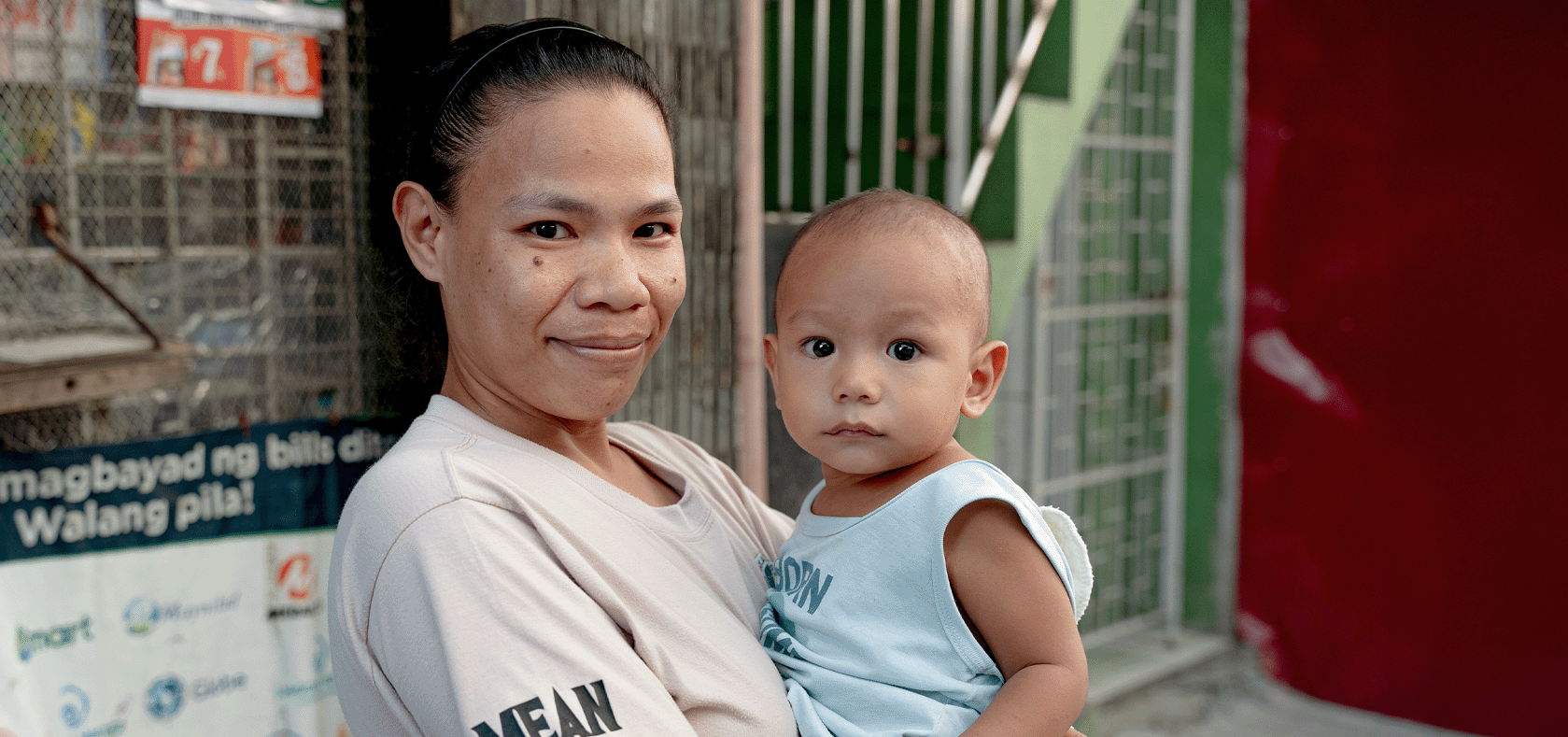The responsibility of providing care falls overwhelmingly on women and girls, who spend more than twice as many hours as men on unpaid care and domestic work. As a result, they miss out on education, paid work, self-care, and more.
Women also do most of paid care work, but lack basic social security, work long hours for low wages. Two-thirds of all workers in the care sector—including healthcare, childcare, and domestic work—are women.
Investing in care can fuel economies, while reducing women’s poverty and potentially creating 300 million jobs by 2035.
Transforming care systems is an imperative for achieving gender equality and fulfilling the vision of the Beijing Declaration and Platform for Action. It starts with recognizing and valuing care and domestic work, increasing national budgets for equitable and quality public care services, and redistributing unpaid care work.

